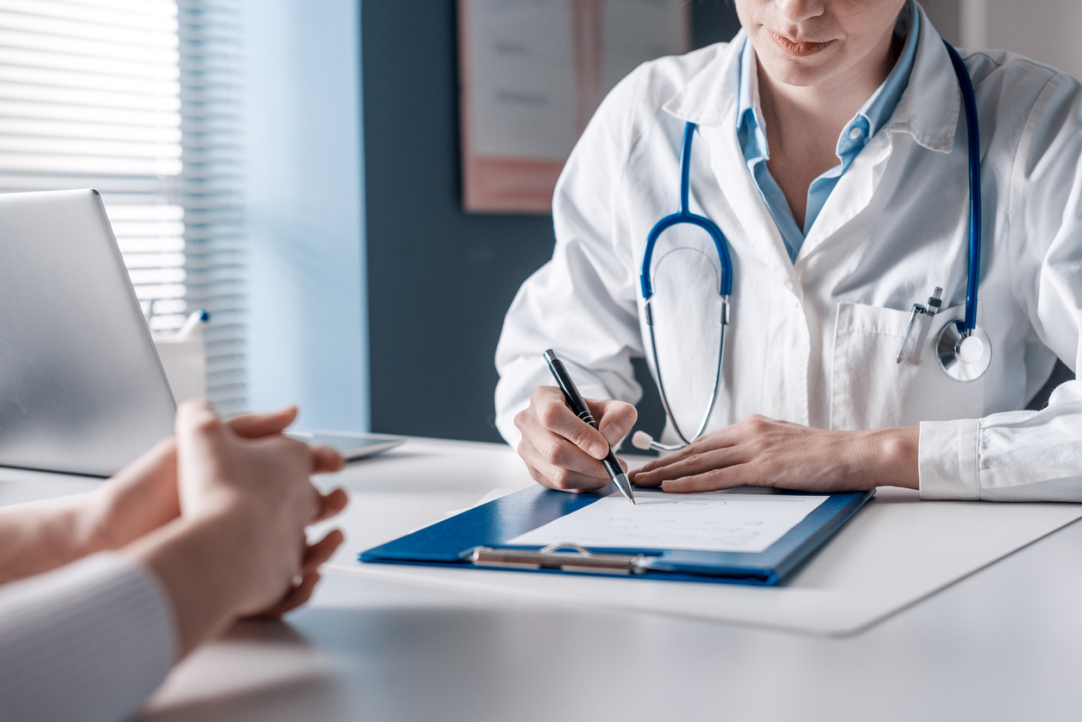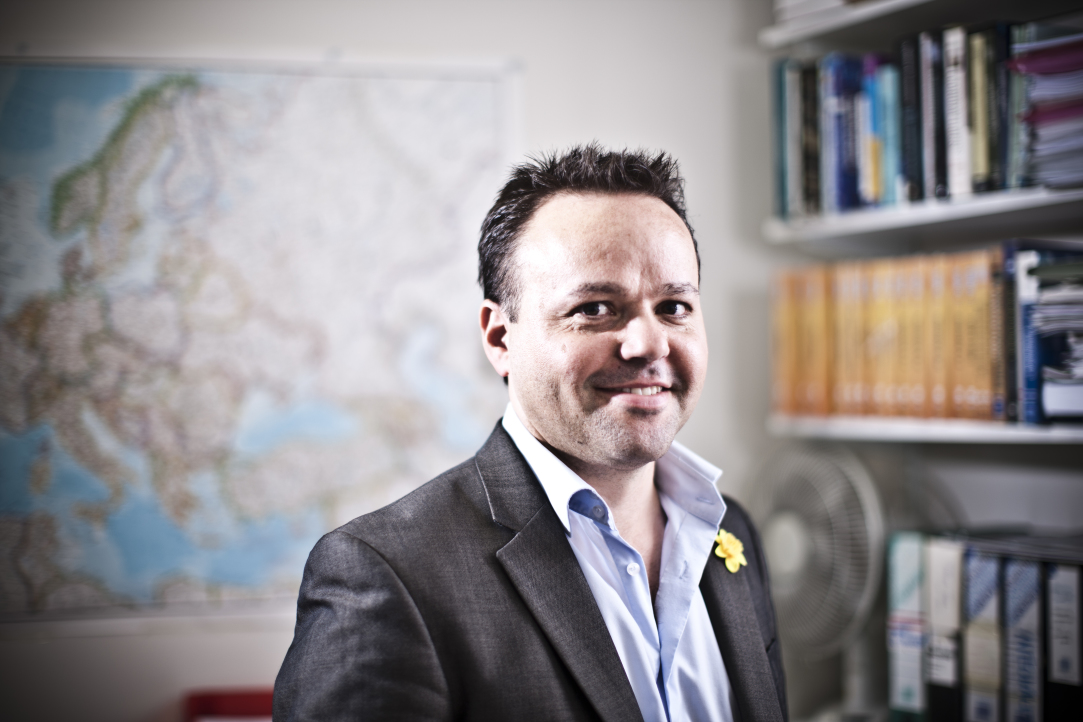
Doctor's Consultation in Russia Doesn’t Depend on Family Income and Is Available to Everyone
HSE University economists have found that more than 60% of Russians rely on self-treatment instead of visiting a doctor, something which is facilitated by the easy availability of medicines in Russian pharmacies. This is especially typical for mild illnesses. Buying medicines depends on income, and quite often people replace expensive medicines with cheaper ones. The article was published in the International Journal of Health Economics and Management.

Centre for Health Economics, Management and Policy Marks Two Years
Centre for Health Economics, Management and Policy - or CHEMP, as it is known - was launched two years ago. Today CHEMP offers a unique opportunity to unite and internationalize the emerging body of education and research in the field of health studies. CHEMP’s Director Professor Christopher Gerry, Chair of Internationalisation Steering Group and Academic Adviser to Faculty of Social Sciences and Humanities at HSE St. Petersburg, provides an update on the Centre’s activities and achievements.
Educated Russians Smoke Less
In recent years in Russia, female smoking has increased, while the opposite holds true for men; in addition to this, smoking has increased at higher rates among those with lower levels of education compared to more educated Russians.
The Highly Sensitive Topic of Health Economics in Russia Discussed at HSE St. Petersburg
The workshop on 'Health Economics in Russia: past, present and future?' was hosted by the International Centre for Health Economics, Management and Policy (CHEMP) of HSE Saint Petersburg on March 21, 2016 within the International Spatial Development Forum.


Submission deadline: April 6, 2025